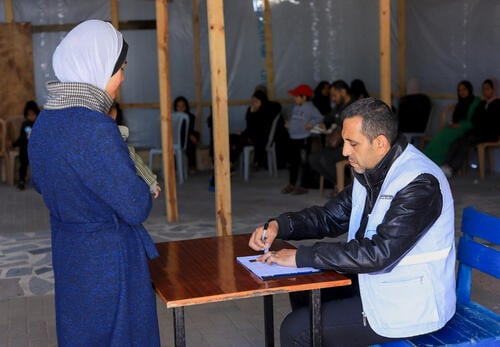Following the recent announcement by Pakistani authorities, what is the latest development in the ‘repatriation plan’ for Afghans in the country?
- An estimated 3.7 million Afghans reside in Pakistan, with 500,000 already crossing the border.
- Many have been in Pakistan for decades without legal recourse to stay.
- ‘Repatriation’ involves relocating to a country facing various challenges.
What is the concern raised by Médecins Sans Frontières (MSF) regarding the second phase of deportations?
- An estimated 800,000 Afghan Citizen Card (ACC) holders are at risk.
- Phase three may lead to further deportation of UNHCR-issued card holders.
How is MSF involved in providing aid to people in Pakistan?
- Started in 1986, MSF offers vital medical care in Balochistan, Khyber Pakhtunkhwa, and Sindh.
- Operates projects for reproductive, neonatal, and paediatric care, as well as treatment for various diseases.
Summary:
With the ongoing ‘repatriation’ process affecting Afghan migrants in Pakistan, MSF expresses deep concerns while providing essential medical assistance in the region. The second phase of deportations puts ACC and PoR card holders at risk, highlighting the challenges faced by vulnerable populations in the country.
Source: www.msf.org

